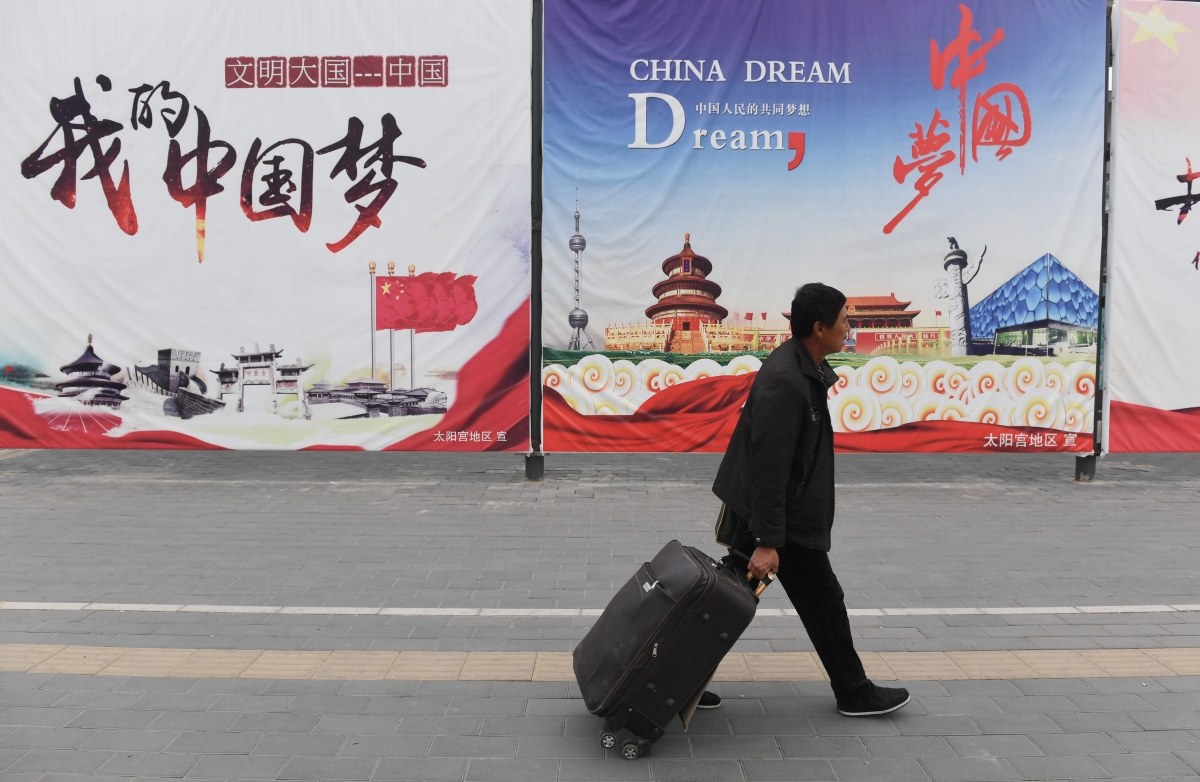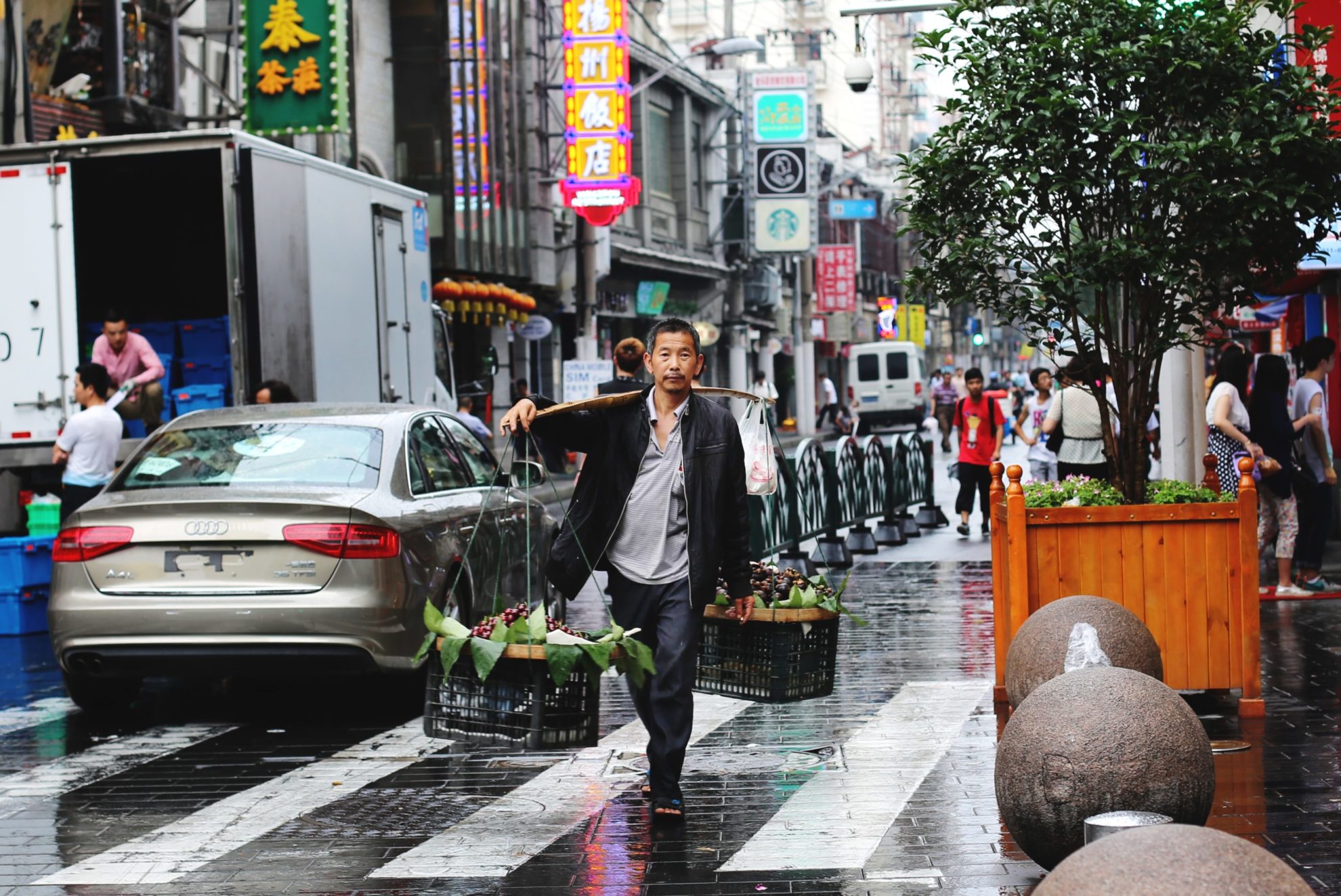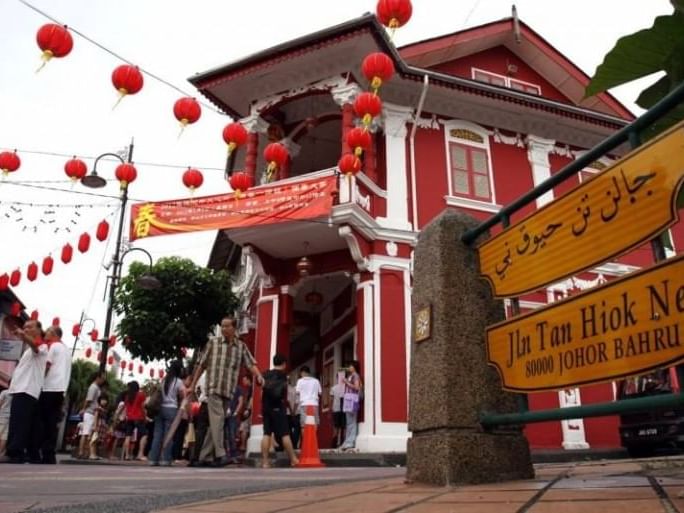Why These Singaporeans Chose to Build Their China Dream — And Why They're Still Coming Home
What compels a Singaporean to leave the comfort of home, set up a business in China, and stay for over 20 years—only to still plan on retiring in Singapore?
That’s the question at the heart of an unfiltered conversation between podcast host Reggie and two seasoned entrepreneurs—Roy Lim and Keith—on Chills with TFC. With candid reflections on cost, culture, education, bureaucracy, and long-term plans, this episode dives into what it really means to chase the “China Dream.”

The China Dream, Singaporean Edition
“I’m a serious entrepreneur, but more on the social side,” said Roy Lim, who has spent over 13 years in China building a digital platform to connect master tailors globally. Roy’s journey began with curiosity—and a $120 suit. “My secretary told me her boyfriend makes very cheap suits in China... I bought ten suits in different colours. That got me interested.”
Then there’s Keith, who inherited the family business in sofa manufacturing. He’s been based in Kunshan, near Shanghai, since 2002. “I was the unfortunate one because I graduated in 2001… then 9/11 happened,” he shared. With limited opportunities in Singapore post-crisis, China became a pragmatic pivot.
Their stories are a snapshot of two paths: one grounded in family legacy, the other in personal vision. But both converged in China.
Why China?
Here’s what kept them there:
1. Market Scale
“The 1.4 billion population will definitely be attractive to any entrepreneur,” Roy emphasised. Keith agreed, adding, “Nobody produces better, faster, more efficiently, and with more variety than the Chinese.”
2. Talent Pool
Roy, who actively hires local Chinese, highlighted: “I’ve met top talents in China… exceptionally brilliant, self-taught, and progressive. That attitude attracts me more than what I can find in Singapore.”
3. Speed & Innovation
Despite challenges, both entrepreneurs praised China’s fast-paced innovation ecosystem. “China is very capable of leapfrogging,” Keith said. “Whatever the Europeans come out with, the Chinese will copy all the way down to the core—and fast.”
Life on the Ground: Not as Glamorous as You Think
While opportunities are plentiful, both men were brutally honest about the cost of doing business in China—especially as foreigners.
1. Setting Up Shop Is No Walk in the Park
Keith noted that starting as an SME is far more complicated than it sounds. “You have to have a company with a registered minimum capital of 3 million US dollars [to get a visa as a business owner]… even with 200 employees, we didn’t qualify.”

2. Taxes Are Complex and Heavy
Roy pulled no punches: “Personal income tax is 45%. Your global income will be taxed in China once you get the PRC. It’s similar to the US.”
The local taxes also vary by region and can change frequently. “There’s a variation, and it changes every month,” said Keith. “Unfortunately, over there, it’s not like Singapore where every company must follow the same standard.”

3. Labour Laws Favour Employees
“Every single year you have to pay an additional month of salary,” Keith said. “So if someone worked for 10 years, you owe them 10 months of pay if you terminate.” And unlike Singapore, the moment you give a local employee a 3-year contract, they’re essentially permanent.
Housing, Cost of Living & Quality of Life
Although Roy spent 13 years in Shanghai and two in Guangxi, he doesn’t see China as his forever home. “Even in Shanghai, it’s not particularly cheap… I do not want my kids to go through the Chinese education system. I’d rather they go through the Singapore bilingual education system.”
Keith, who moved to China with his NJC sweetheart (now his wife), added, “Most Singaporeans send their kids to international schools—which are very, very expensive.” Despite building a full family life there, his children are Singaporean citizens and will return to serve NS.
So… Why Stay?
As Roy puts it, “I enjoy China. I enjoy the different perspectives. I’ve witnessed the entire growth of China over the last 25 years.”
For Keith, the business case is still strong. “Every year, there’s a reason for me to continue staying. I travel to Guangzhou monthly to see new parts, mechanisms, and techniques. If you want to stay on top, you have to keep up.”
Even with trade wars—Keith lost 40% of his business overnight due to US tariffs—they adjusted. “You get angry, but then you collect yourself… and accept the challenge.”
What Future Entrepreneurs Need to Know
Roy offered this advice for the next generation of Singaporean entrepreneurs eyeing China:
“You must develop domain knowledge, learn how the Chinese operate, and be better than them. And be willing to work doubly hard.”
Keith echoed the same: “I answer calls at 12am, never take leave, and hold meetings late at night. If you want to compete in China, you need to be razor sharp. You sharpen your knife there.”

China May Build You, But Home Calls You Back
After two decades in China, neither Roy nor Keith plan to retire there.
“I think Singapore will be the place,” Roy concluded. “Our GOV does take care of our welfare as an aged person. That’s why I plan—maybe not now, but 20 years later—to move back.”
From chasing low-cost suits to managing 200-person factories, the China Dream gave these Singaporeans a once-in-a-lifetime ride. But like many overseas Singaporeans, the idea of “home” is still deeply rooted in the red passport and the HDB flat waiting back in Singapore.
Let us know what you think about this topic, and what do you want to hear next.
You can now be our community contributor and make a pitch to have your favourite personality be on our show.
Join our community group and drop us your insights on this topic.

-3.png?width=50&name=Square%20(2)-3.png)










Let us know what you think of this post